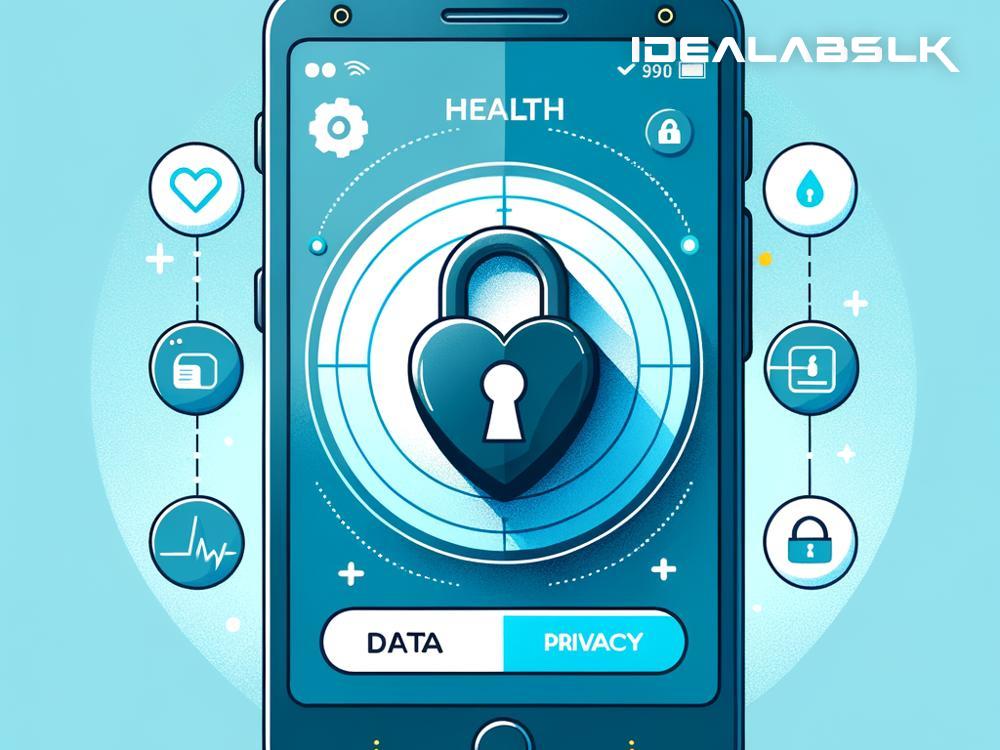Navigating the Waves of Consumer Privacy Laws in Digital Health Apps
In an age where your smartphone is virtually an extension of your body, health apps have blossomed, promising everything from tracking your steps and sleep patterns to managing chronic conditions. But as our screens glow with the promise of better health, a crucial question looms: What happens to the heaps of personal health information we share? That's where consumer privacy laws step in, acting as guardians of our digital data.
The Basics of Privacy in Digital Health
Before diving into the complex world of laws, let's touch base on why privacy matters in digital health apps. Imagine your health data as pieces of a puzzle. Alone, they may seem innocuous. But when pieced together, they form a picture of your most private health details. This information, if mishandled, can lead to discrimination or even identity theft. Hence, safeguarding this data from prying eyes is paramount.
The Legal Shields of Privacy
Several key laws and regulations act as sentinels, protecting your health information. While this might sound like something out of a dense legal textbook, we'll simplify it for you.
-
HIPAA: The Health Insurance Portability and Accountability Act, or HIPAA, is like the granddaddy of all privacy protections in the U.S. But here's the catch—it mainly applies to healthcare providers, insurance plans, and healthcare clearinghouses. So, many digital health apps that you download directly might not be covered under HIPAA. However, if an app is provided by your doctor or health plan, HIPAA's protective umbrella likely covers it.
-
FTC Act: The Federal Trade Commission (FTC) steps in where HIPAA steps out. While not specific to health data, the FTC Act prohibits deceptive practices. This means apps can't mislead you about what they do with your health info. The FTC has flexed its muscles in the past, fining apps that broke their privacy promises.
-
GDPR: For our friends across the pond in the European Union, the General Data Protection Regulation, or GDPR, offers robust protection. Interestingly, GDPR doesn’t care where you're from; if the app targets or collects data from folks in the EU, it must comply. GDPR gives individuals hefty rights over their data, including the right to know what's collected and to have it deleted.
-
State-Specific Laws: States in the U.S. have started throwing their hats into the ring. California's Consumer Privacy Act (CCPA) and Virginia's Consumer Data Protection Act (VCDPA) are leading the charge, offering rights and protections similar to GDPR.
What This Means for You
Knowing these laws exist is one thing. Understanding how they protect you requires peeling another layer. In essence, they ensure:
- Transparency: Apps should clearly state what data they’re collecting and why. No hiding in fine print.
- Consent: Most laws require apps to get your okay before collecting or sharing your data. Always read what you’re agreeing to.
- Access and Control: Laws like GDPR and CCPA give you the power to see the data apps have on you and even ask for it to be deleted.
Staying Safe in the Digital Health Space
Now, knowledge is power, but action is key. Here’s how you can safeguard your digital health data:
- Read Before You Click: Those terms and conditions aren’t just there to look pretty. Give them a glance to understand what you’re signing up for.
- Limit What You Share: Only provide the minimum necessary information. If an app asks for more than it needs, question why.
- Settings Are Your Friend: Dive into the app's settings. Often, you can tighten up privacy controls with a few taps.
- Review and Revoke: Periodically review the apps you use and the permissions you've granted. Let go of apps that no longer serve you.
The Road Ahead
The landscape of consumer privacy laws in digital health is as dynamic as it is complex. With technology galloping ahead, laws are in a constant race to catch up. This ongoing evolution means staying informed is not just beneficial; it's necessary. As consumers, understanding the protections in place and the part we play in our digital health privacy isn't just empowering—it's vital.
In conclusion, while the digital health app space offers exciting possibilities for managing our health, it also demands our vigilance in protecting our privacy. By understanding the laws that serve as our digital armor and taking proactive steps to guard our data, we can enjoy the benefits of these innovations without compromising our privacy. Stay informed, stay cautious, and let's navigate the digital health landscape with confidence.

